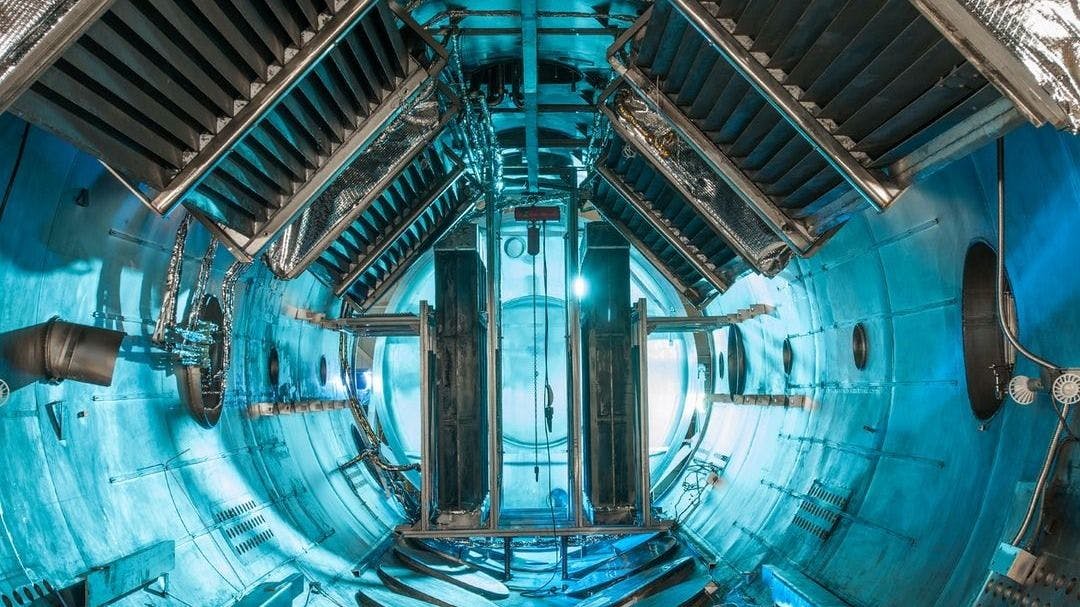703 reads
The Spatiotemporal Metaverse: Its Applications and Challenges
by
June 23rd, 2022
Audio Presented by

Avid reader of all things interesting to mankind. Futurist, artist, pianist, realist.
About Author
Avid reader of all things interesting to mankind. Futurist, artist, pianist, realist.
